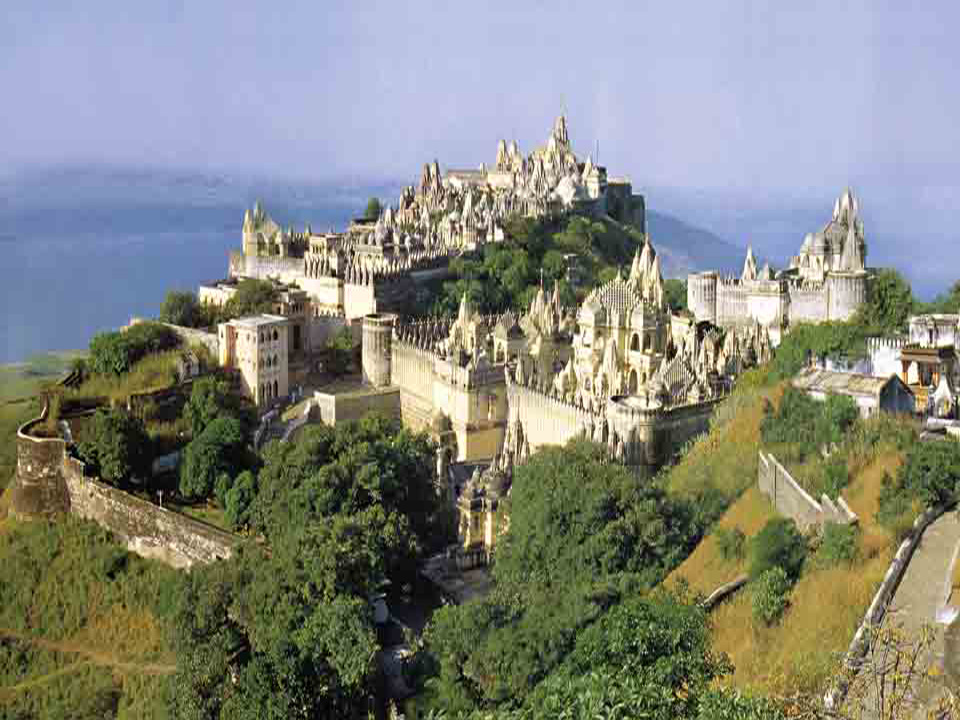The World’s First Vegetarian City
By Shuriah Niazi | Окт 09, 2014

PALITANA — Jainism is one of the oldest religions in the world and preaches a path of non-violence towards all living beings. In India, about 5 million people practice it.
“Everyone in this world — whether animal or human being or a very small creature — has all been given the right to live by God,” says Virat Sagar Maharaj, a Jain monk. “So who are we to take away that right from them? This has been written in the holy books of every religion, particularly in Jainism.”
The mountainous town of Palitana in the state of Gujarat is home to one of Jain’s holiest sites, and many residents don’t want any kind of killing happening here. Recently, 200 Jain monks began a hunger strike, threatening to fast until death until the town was declared an entirely vegetarian zone.
“Meat has always been easily available in this city, but it’s against the teaching of our religion,” says Sadhar Sagar, a Jain believer. “We always wanted a complete ban on non-vegetarian food in this holy site.”
They have gotten their wish. On Aug. 14, the Gujarat government declared Palitana a “meat-free zone.” They instituted a complete ban on the sale of meat and eggs and have also outlawed the slaughter of animals within the town’s limits.
It’s a victory for vegetarians, but bad for business for others. Fishermen such as Nishit Mehru have had to stop working entirely. “We have been stopped from selling anything in Palitana,” he says. “They shouldn’t have taken this one-sided decision. How will we survive if we are not allowed to sell fish? The government should not make decisions under pressure.”















